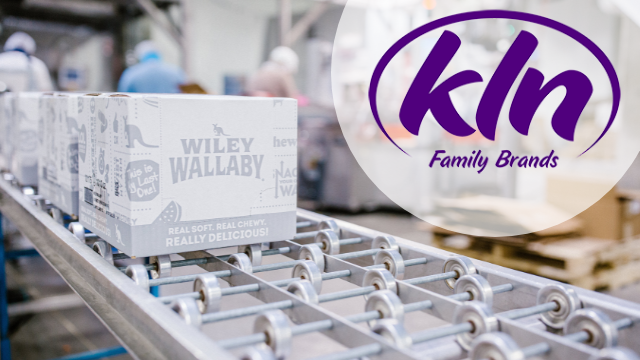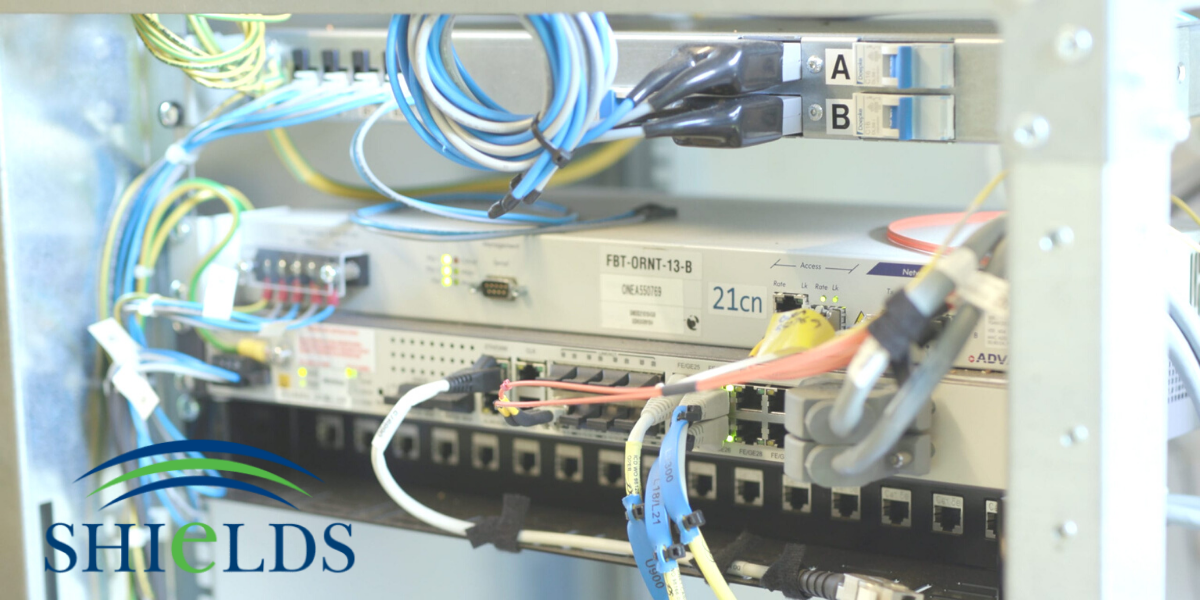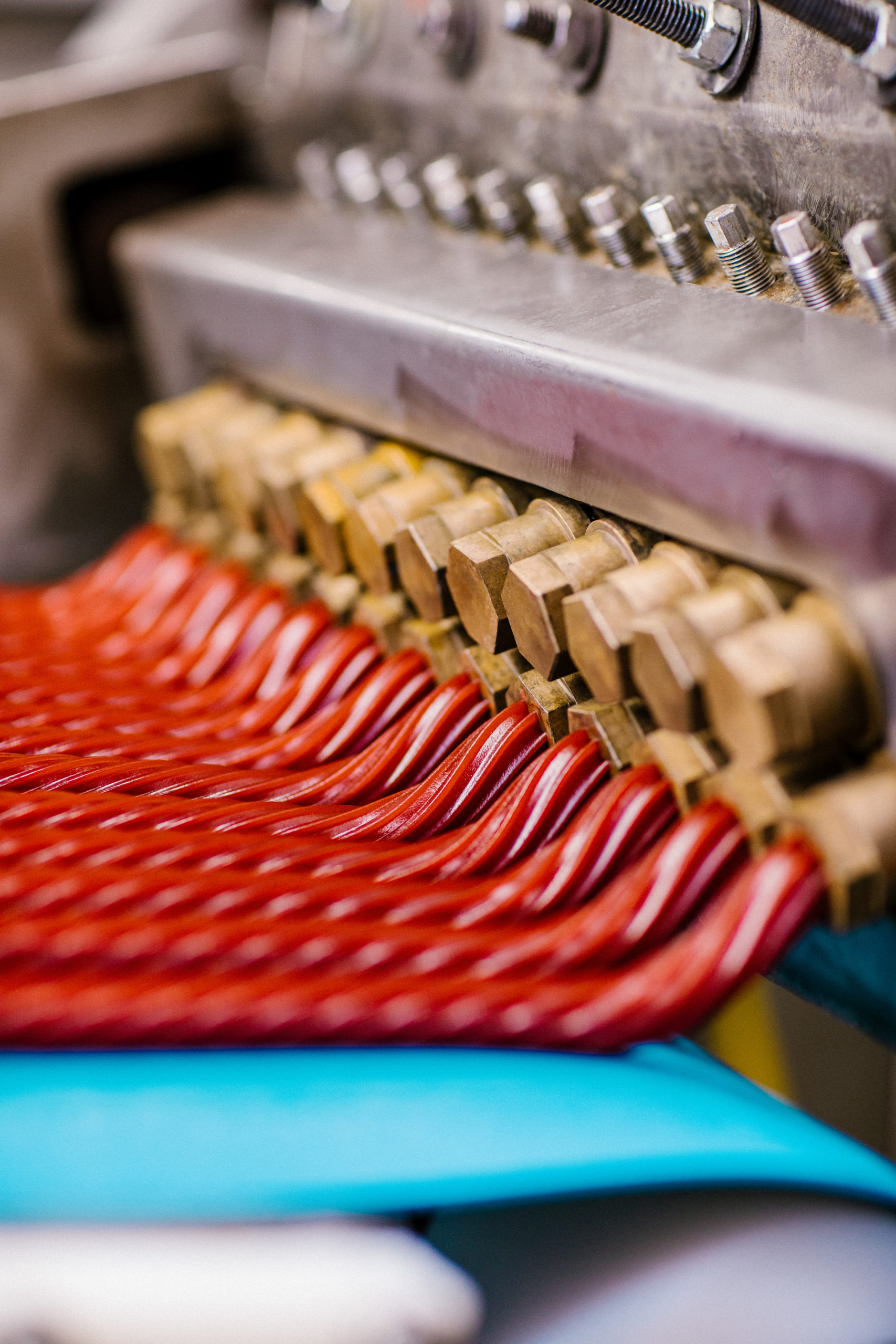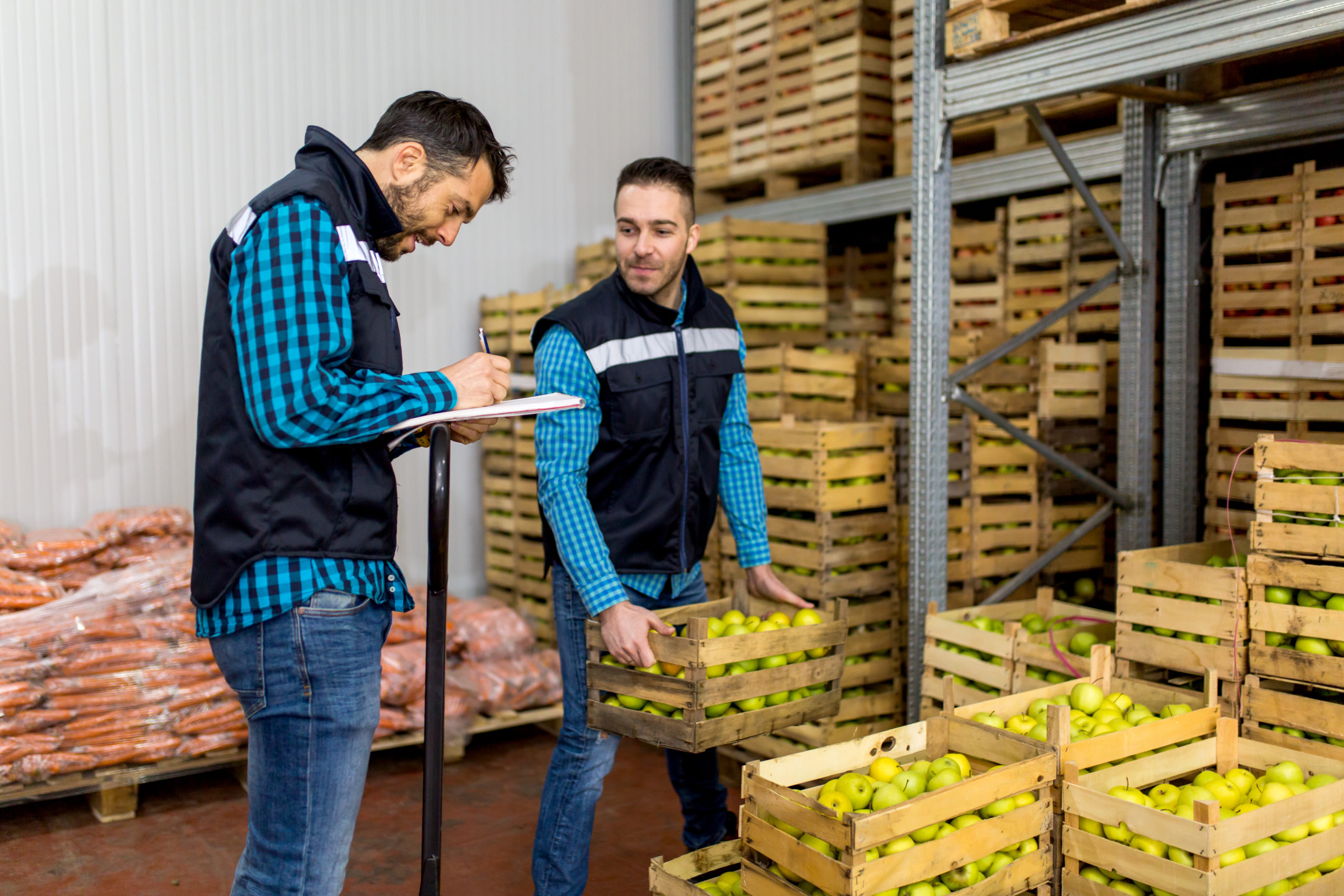Labour and skills shortages in the F&B manufacturing industry aren’t exactly new topics, but throw in a global pandemic, coupled with Brexit and the employment difficulties just keep increasing. The industry is reporting a widespread lack of staff. This goes beyond roles within manufacturing facilities, it also includes roles such as fruit and vegetable pickers, meat processors and HGV drivers.
Food and beverage producers have started to turn to several solutions to help solve this worker challenge, but there’s no easy way out. A combination of new operational processes, training opportunities and salary requirements are needed to be able to help battle this problem and meet the staffing needs across the industry. Whilst the industry needs to begin to address labour shortages today, it’s unlikely that this challenge will go away anytime soon.
How to tackle it?
With these ongoing shortages, it’s important that businesses look for new ways of working that don’t require bringing on even more people. Whilst some companies have turned to temporary workers to fill their gaps, it doesn’t offer a permanent solution or even fill the skills requirements necessary to carry out some of the roles.
Leaders in the field are recognising the need to adopt new technology to maximise scarce labour resources, support workforces and ramp up new hires as quickly as possible. Automation can offload time-consuming daily tasks, helping to increase operational efficiency with less resource. Automation is key to being able to help utilise the workers already in the industry, attract new workers and ultimately increase employee satisfaction to maintain staffing levels. Streamlining business operations can make a massive difference in the way in which your staff are able to work and the time which it takes them to carry out daily tasks.
The role of an ERP
Modern technology can also support a faster on-boarding process of new workers, helping to provide more information and supporting their productivity. Showing a strong interest in utilising technology to support your business processes can also be an attractive aspect to younger talents, helping increase your opportunities of gaining and maintaining new entrants into the market.
ERP platforms bring a new way to help increase automation and improve efficiency throughout your business, supporting your workers and helping you work in a smarter way. Implementing an ERP solution can help you address labour shortages, but also support your teams, helping you maintain employee morale and job satisfaction. Embracing digital transformation is a key factor in overcoming this challenge within the industry.
If you’re interested in discovering more about how we can help you overcome these challenges, please get in touch with our team!









